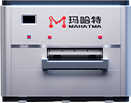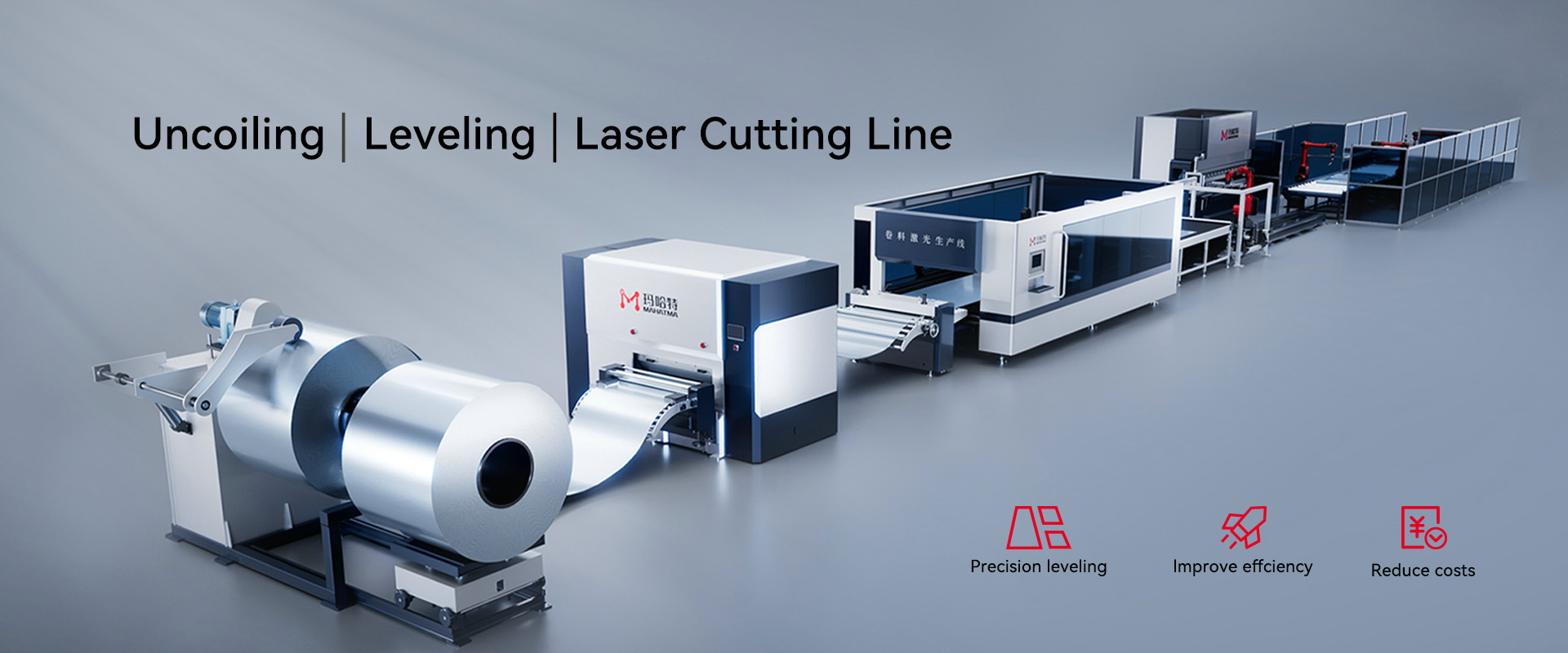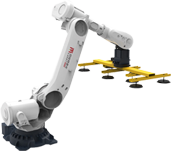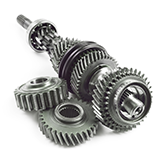In today’s competitive industrial landscape, Sheet Metal manufacturing has evolved far beyond traditional methods. The combination of precision equipment, automation, and flexible production strategies has transformed the way manufacturers produce, process, and assemble metal components. Among the most significant technological advancements driving this transformation are leveling, laser bending, and flexible production line technology. Together, these innovations offer unprecedented efficiency, precision, and adaptability for industries ranging from automotive to aerospace.
1. Understanding leveling in Sheet Metal Manufacturing
Leveling is the process of flattening and straightening metal sheets to remove any distortions, warping, or residual stresses that occur during rolling or cutting. In sheet metal manufacturing, leveling is critical because even minor inconsistencies in thickness or flatness can compromise assembly, welding, or bending accuracy.
Key Advantages of Leveling
Improved Surface Quality: Ensures metal sheets are smooth and uniform.
Precision for Downstream Processes: Flattened sheets are essential for laser bending and automated assembly.
Reduced Material Waste: Accurate leveling minimizes the need for rework or scrap.
Enhanced Structural Integrity: Removes internal stresses that could cause deformation during welding or forming.
leveling machines, often integrated into flexible production lines, provide continuous and automated flattening of sheets, allowing manufacturers to maintain consistent quality at high throughput rates.
2. Laser Bending: Precision and Efficiency Combined
Laser bending represents a paradigm shift in metal forming. Unlike traditional mechanical bending methods, which rely on physical dies and presses, laser bending uses high-intensity laser energy to heat precise areas of the sheet, enabling controlled bending and shaping.
Advantages of Laser Bending
High Precision: Laser-controlled bending ensures extremely tight tolerances, essential for aerospace, automotive, and electronics applications.
Reduced Tooling Costs: Eliminates the need for multiple dies for different bends, saving time and money.
Minimal Material Deformation: Non-contact laser bending reduces residual stress, ensuring consistent quality.
Flexibility: Capable of creating complex geometries that are difficult or impossible with traditional methods.
By combining laser bending with a flexible production line, manufacturers can automate complex bending tasks while maintaining high precision, making it ideal for customized or small-batch production runs.
3. Flexible Production Lines: Redefining Manufacturing Agility
The concept of a flexible production line refers to manufacturing setups that can adapt to varying product types, sizes, and specifications with minimal downtime. Unlike rigid assembly lines, flexible lines integrate modular machinery, robotics, and advanced control systems to allow rapid changeovers.
Benefits of Flexible Production Lines
Production Line Flexibility: Quickly switch between different product designs without halting operations.
Reduced Lead Times: Flexibility enables faster response to market demands.
Cost Efficiency: Modular machinery reduces the need for specialized setups for each product.
Scalability: Capable of handling both small-batch and large-scale production runs.
A flexible welding production line, for example, can seamlessly integrate leveling, laser bending, and automated welding processes, enabling a continuous workflow for diverse sheet metal products.
4. Integration of Leveling, Laser Bending, and Flexible Production Lines
Combining leveling, laser bending, and flexible production line technology results in a highly efficient and adaptable manufacturing system. Here’s how the integration enhances production:
Leveling as the First Step: Flat, uniform sheets are fed into the line, ensuring subsequent processes operate with maximum precision.
Laser Bending Automation: Sheets are bent precisely according to design specifications without the need for physical dies.
Flexible Production Flow: Modular systems allow for the addition of welding, cutting, and finishing operations without interrupting throughput.
Real-Time Quality Control: Laser sensors and automated inspection systems ensure dimensional accuracy, surface quality, and proper bend angles.
The result is a flexible production line capable of producing complex sheet metal components at high speed, with minimal waste and high repeatability.
5. Advantages of a Flexible Welding Production Line
Integrating laser bending and leveling into a flexible welding production line brings additional benefits:
Enhanced Precision in Welding: Leveling ensures sheets are perfectly flat before welding, reducing misalignment.
Faster Turnaround: Automated bending and welding reduce manual labor and cycle times.
Reduced Rework and Scrap: Accurate bends and flat sheets lead to higher-quality welds, minimizing errors.
Multi-Product Capabilities: Lines can switch between different sheet metal designs without stopping production.
These benefits are particularly valuable in high-demand industries such as automotive body panels, HVAC components, and precision engineering equipment.
6. Applications in Modern Industry
Automotive Manufacturing
Production of chassis components, body panels, and exhaust systems
Integration of leveling, laser bending, and flexible production lines ensures tight tolerances and high throughput
Aerospace
Manufacturing lightweight but strong structural components
Laser bending allows for complex geometries without compromising material integrity
Electronics and Consumer Goods
Production of metal enclosures, frames, and precision housings
High precision and production line flexibility reduce the need for specialized tooling
Heavy Equipment and Machinery
Custom components for construction, agriculture, and industrial machines
Flexible welding production line enables batch customization while maintaining consistent quality
7. Future Trends in Sheet Metal Manufacturing
The integration of leveling, laser bending, and flexible production line technology is just the beginning. Future trends include:
Smart Factories: IoT-enabled machines monitor and optimize every stage of production.
Artificial Intelligence: Predictive algorithms anticipate maintenance needs and optimize bending sequences.
Hybrid Production Lines: Combining laser, robotic welding, and automated inspection into fully adaptive systems.
Sustainable Manufacturing: Non-destructive processes and precision cutting reduce material waste and energy consumption.
These trends emphasize the critical importance of production line flexibility and the ability to adapt to rapidly changing product designs.
8. Conclusion
The combination of leveling, laser bending, and flexible production line technology is transforming sheet metal manufacturing. By integrating precise flattening, advanced bending, and adaptable production systems, manufacturers can achieve higher efficiency, improved quality, and faster response to market demands.
The use of flexible welding production lines further enhances the benefits by allowing seamless integration of welding, cutting, and finishing processes. As industries continue to demand more complex and high-precision components, the adoption of these technologies ensures manufacturers stay competitive while reducing costs and waste.
In today’s fast-paced industrial environment, embracing leveling, laser bending, and flexible production line technology is no longer optional—it is essential for companies aiming to deliver high-quality sheet metal products with speed, precision, and agility.









